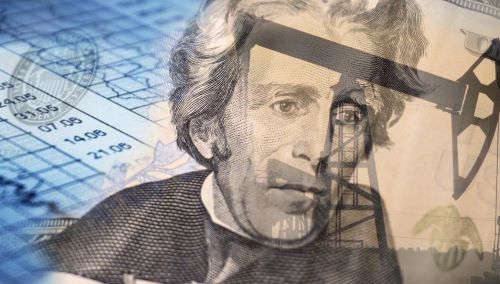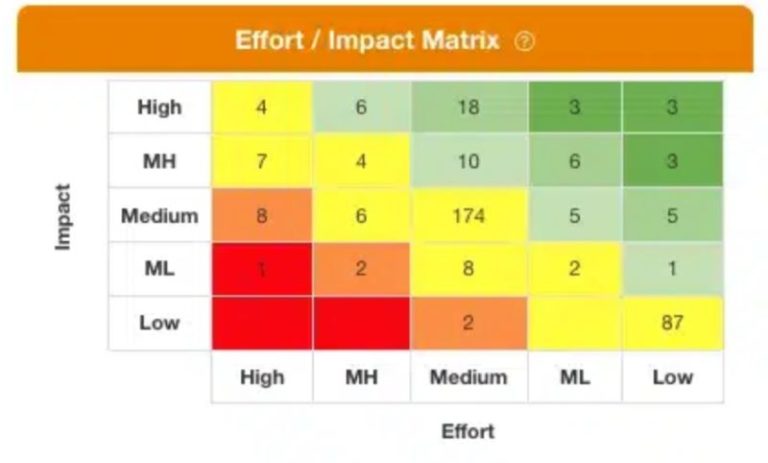

Petrodollar transactions, with their profound influence on the global economy, have been a cornerstone of financial markets for many years. This comprehensive article has delved deeply into the intricate world of petrodollar trading, dissecting its historical roots, far-reaching economic consequences, nuanced trading strategies, diversification tactics, inherent challenges, and prospective trends. In light of this dynamic environment, it is crucial to explore forward-looking solutions like oil-profits.com, which can offer valuable insights and tools for navigating the intricacies of petrodollar trading effectively.
Petrodollar Basics
Definition and Origin of Petrodollars
Petrodollars refer to the revenues earned by oil-exporting countries, predominantly in the Middle East, from the sale of crude oil. The term “petrodollar” was coined in the early 1970s when the United States and several Middle Eastern nations, notably OPEC (Organization of Petroleum Exporting Countries) members, agreed to price oil exclusively in U.S. dollars. This decision established the foundation of petrodollar trading.
Petrodollar Recycling Mechanism
The petrodollar recycling mechanism involves the reinvestment of oil-exporting countries’ dollar earnings into global financial markets. This process occurs as oil-exporting nations deposit their dollar reserves into international banks, which, in turn, are lent to other countries for various purposes, such as development projects and debt financing.
Role of the U.S. Dollar in Petrodollar Transactions
The dominance of the U.S. dollar in petrodollar transactions is crucial. Oil is priced in dollars, and countries worldwide hold substantial dollar reserves, making the U.S. dollar the de facto global currency for trade. This gives the United States significant influence over international financial markets.
Major Players in Petrodollar Trading
Key players in the petrodollar trading system include major oil-exporting nations like Saudi Arabia, Russia, and the United Arab Emirates. Additionally, global financial institutions, such as central banks and sovereign wealth funds, play a vital role in managing petrodollar investments.
The Petrodollar Economy
Impact on Global Financial Markets
Petrodollars injected into global financial markets have a significant impact on interest rates, exchange rates, and asset prices worldwide. The influx of petrodollars can influence investment opportunities and market stability.
Petrodollar Flows and International Trade
Petrodollar transactions are closely tied to international trade dynamics. Trade partners of oil-exporting nations often use petrodollars to purchase oil or invest in their economies, creating intricate economic interdependencies.
Economic and Geopolitical Implications
The petrodollar economy has geopolitical implications, as countries that control substantial oil reserves wield significant political influence. Economic strength derived from petrodollars can also mitigate the effects of economic downturns and external shocks.
Petrodollar Recycling Mechanisms
Petrodollar recycling mechanisms vary, with countries employing different strategies to reinvest their dollar earnings. Some nations establish sovereign wealth funds to manage their petrodollar investments, while others diversify their holdings across various assets and markets.
Petrodollar Trading Strategies
The Role of Oil Pricing and Valuation
Petrodollar trading strategies often revolve around oil pricing and valuation. Accurate forecasts of oil prices are crucial for managing petrodollar investments and making informed trading decisions.
Hedging and Risk Management in Petrodollar Transactions
Given the volatility of oil prices, hedging strategies are common among petrodollar traders. Derivative instruments and risk management techniques are employed to mitigate potential losses.
Financial Instruments and Petrodollar Investment
Petrodollar investments extend beyond traditional assets. Countries often allocate funds to bonds, equities, real estate, and infrastructure projects, seeking diversified portfolios to maximize returns.
Key Factors Influencing Petrodollar Trading Decisions
Political stability, market conditions, and global economic factors all influence petrodollar trading decisions. Traders must assess a range of variables to make informed choices.
Petrodollar Investment and Diversification
Sovereign Wealth Funds and Petrodollar Deployment
Many oil-exporting countries establish sovereign wealth funds to manage their petrodollar investments. These funds often prioritize long-term economic development and financial stability.
Energy Transition and the Future of Petrodollar Investment
With the global shift towards renewable energy sources, oil-exporting nations are exploring opportunities to diversify their investments, recognizing the need to adapt to changing energy landscapes.
The Role of Renewable Energy in Diversifying Petrodollar Holdings
Some petrodollar investors are considering renewable energy projects as part of their diversification efforts. Investments in clean energy technologies can provide long-term sustainability and returns.
Challenges and Risks in Petrodollar Trading
Market Volatility and Price Fluctuations
Petrodollar trading is susceptible to oil price fluctuations, which can result from supply and demand imbalances, geopolitical tensions, or unforeseen events. These fluctuations pose risks to investors.
Geopolitical Instabilities and Sanctions
Geopolitical conflicts and sanctions can disrupt petrodollar trading relationships, affecting both the exporting and importing nations. Political risks must be carefully considered.
Environmental Concerns and Sustainability
Increasing global awareness of environmental issues puts pressure on petrodollar investors to address sustainability concerns and adapt to a changing energy landscape.
Technological Advances and Their Impact on Petrodollar Trading
Advancements in technology, such as blockchain and digital currencies, are influencing petrodollar transactions, offering potential benefits and challenges.
Future Trends and Implications
The Evolution of Petrodollar Trading in a Changing World
As the world transitions to cleaner energy sources, petrodollar trading is likely to undergo significant changes. Adaptation and innovation will be necessary.
Digital Currencies and the Future of Petrodollar Transactions
Digital currencies may play an increasingly important role in petrodollar transactions, potentially reshaping the global financial landscape.
Shifting Power Dynamics in Global Energy Markets
Changes in energy production and consumption patterns will lead to shifts in global power dynamics, affecting petrodollar-dependent nations.
Sustainable Practices and Petrodollar Investment Strategies
Sustainable practices and investments will be critical for petrodollar-dependent countries to ensure long-term financial stability and contribute to a sustainable future.
Conclusion
In conclusion, petrodollar trading remains a complex and influential aspect of the global economy. Understanding its history, economic implications, trading strategies, investment diversification, challenges, and future trends is essential for navigating the ever-evolving landscape of energy and finance. As we move forward, adaptability and sustainability will be key to the continued relevance of petrodollar pursuits.


